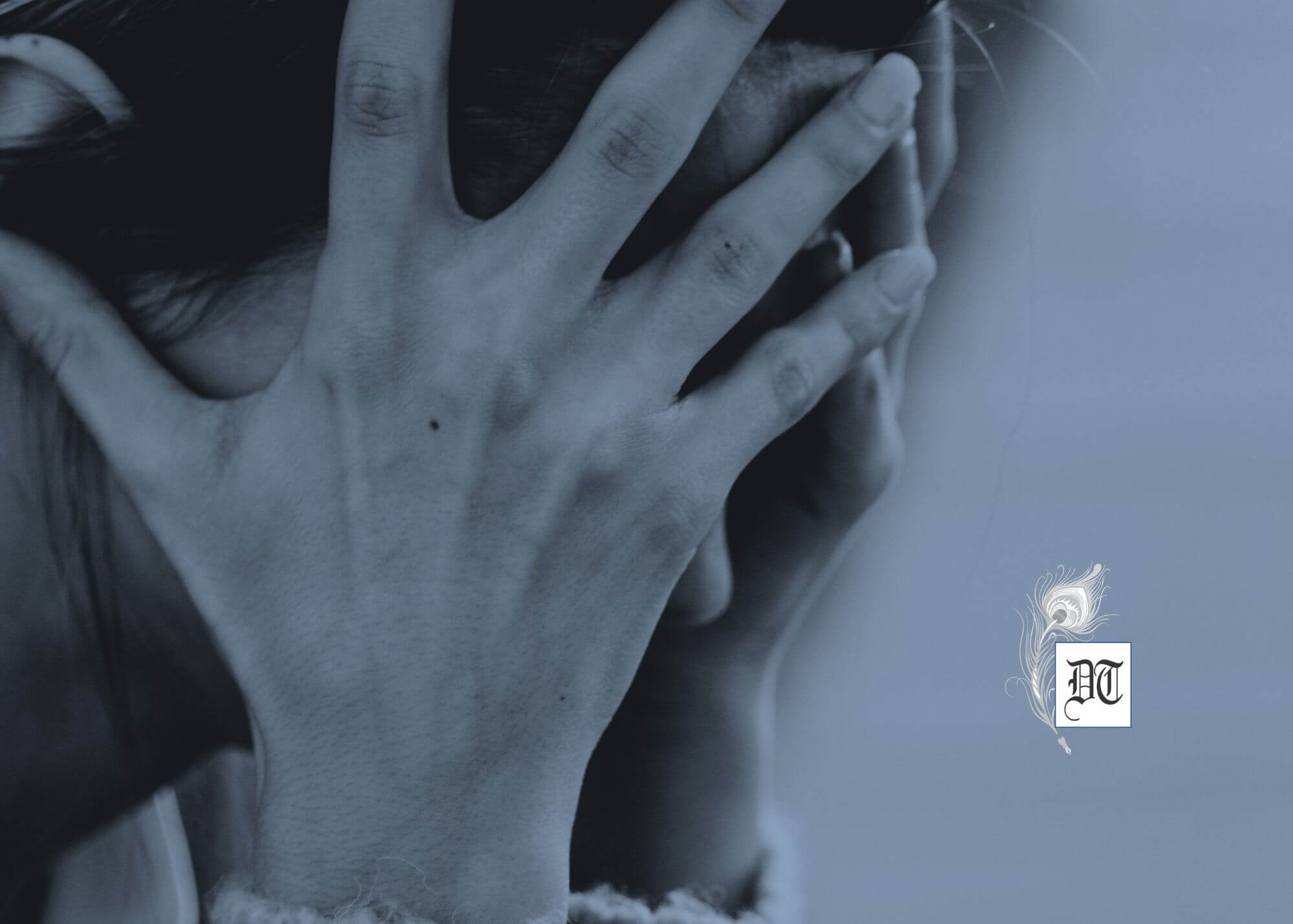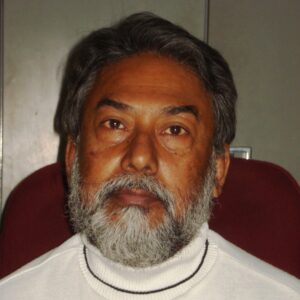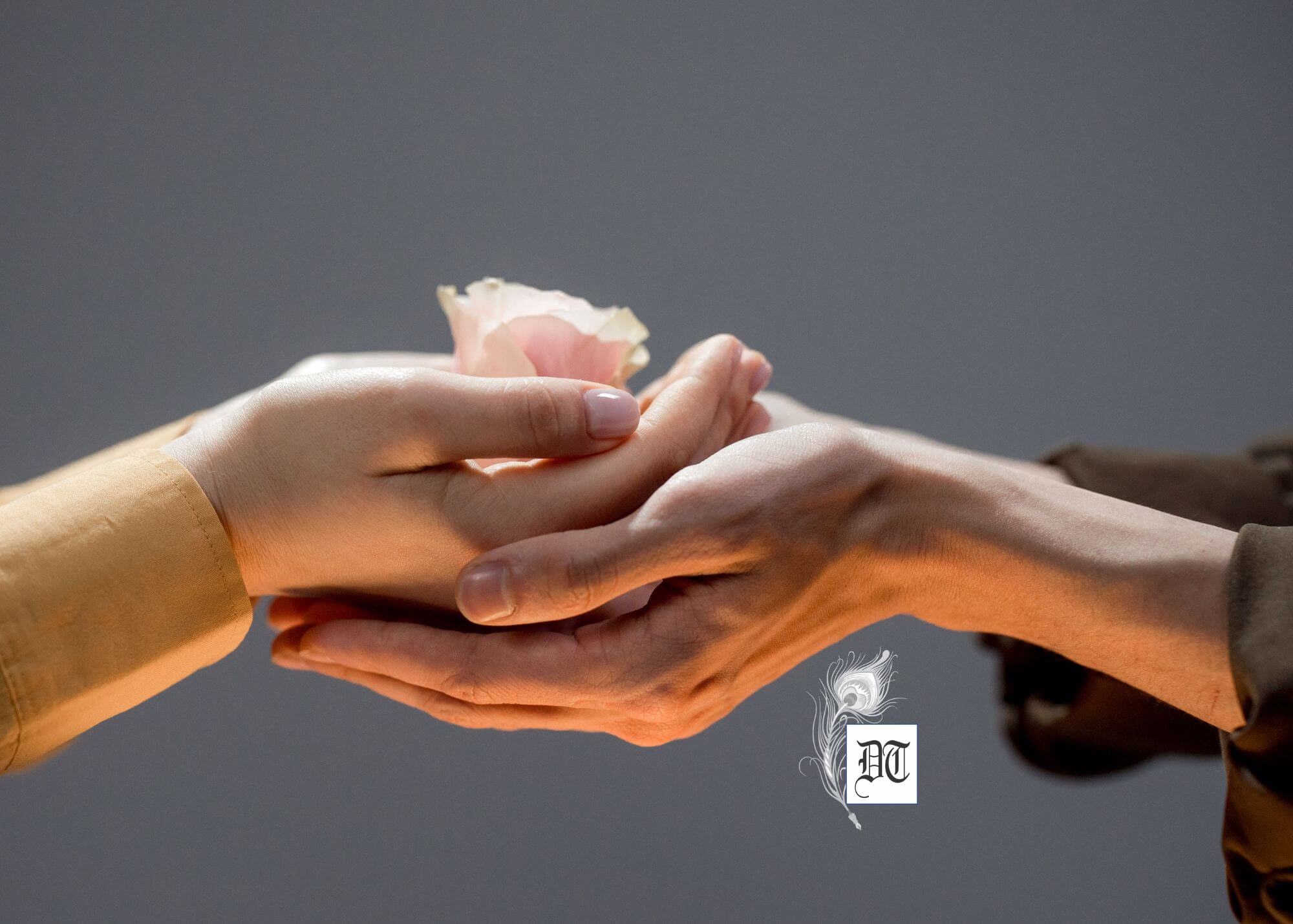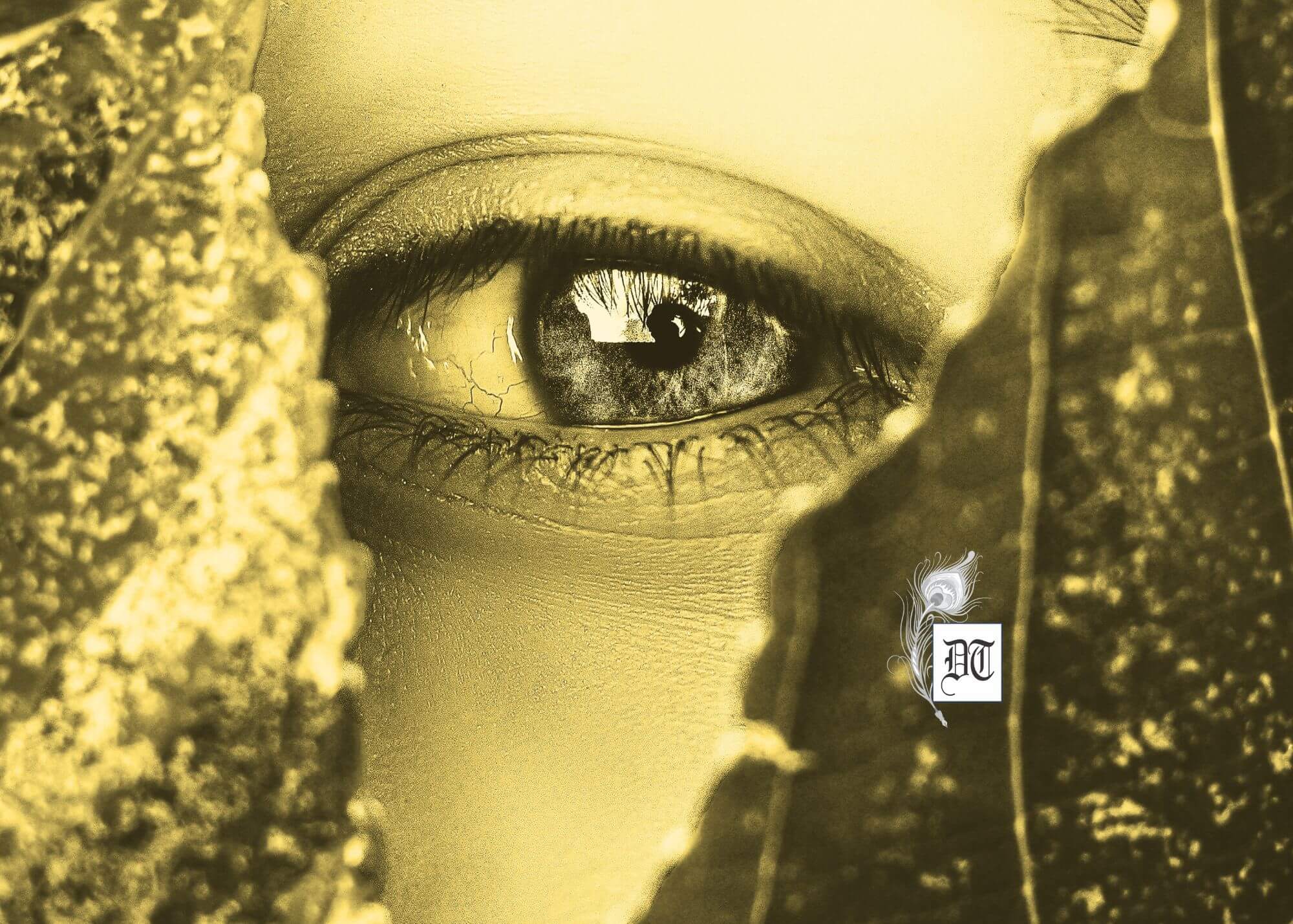Prof Bhaskar examines the murder and alleged rape of a young doctor in Kolkata, raising questions about motive, identity masking, and societal shame, exclusively for Different Truths.

It is known to all concerned all over the world that a young lady doctor on duty aged 31 in Kolkata’s RG Kar Hospital was murdered on August 9, 2024, and ‘allegedly’ raped. People are yet to know the motive of the murder and if the doctor was raped or gang-raped. So far, after eight months of research by the credible Central Bureau of Investigation (CBI) engaged to find out the culprit, it discovered one ad hoc employee in the government of West Bengal—a civic volunteer—as the culprit. People do not yet know the employability of the volunteer whose name and face are open to all that probably obeys all clauses in the Indian Penal Code (IPC) and other relevant laws as pronounced by the esteemed courts in ascending order—from the lower court to the High Court to the Supreme Court. What remains pending is to know if the faces of the parents of the victim can be seen or shown in public.
I am, by no elasticity of imagination, asking to let people know the name of the victim, though the matter of fact is almost every child in the locality where the victim used to live with her parents knows it. The local councillor of the Panihati municipality and the MLA were reportedly engaged in the cremation of the dead body in haste. These drew me to ask a few questions to quench my thirst for knowledge. I do not doubt the judicious decision of the court of law, of course.
First, why should the faces of the parents (father and mother) of the victim be covered or masked in the public domain? Second, why should parents be obstructed from interacting with people in the public domain? While the second question may be withdrawn for lack of evidence, as the parents are by now mobile enough by invitation by civil society, the first one is very relevant for the question raised by the innocent mother of the victim in a public place, the latest one at Agarpara in a public assembly in the evening of March 30, 2025. I take the privilege as a responsible elderly citizen of India to raise the same question in the same tone. The highest court is the competent authority to answer.
The Purpose
It seems the purpose of masking the face is to protect the victim and her family from shame in a public place. The identity of a rape victim and her family is protected under Section 228A of the Indian Penal Code (IPC). This law prohibits the disclosure of a rape survivor’s identity, including her name, address, and other personal details, without her written consent or the permission of a court. Who protects the victim and her family? It is not the court of law—it is the responsibility of the core state to protect. As per the provisions of the Act, police or medical officers can use the information for official purposes without making it public. The Supreme Court and High Courts have emphasised that the media, police, and authorities must not reveal the identity of the victim.
In the case of the RG Kar victim, people developed enough doubt about the purpose of protecting the victim and her family. The victim is already dead—as one of the rarest of the rare cases of murder—it was institutional murder, if not termed ‘state-sponsored’, for post-murder destruction of evidence. Once destroyed, it cannot be retrieved what evidence was there. There is, in motion, unnumbered gossip among people who constitute political and cultural society, particularly in West Bengal. It seems judicious to leave the gossip here and concentrate on the core point.
The Core Point
The core point is that society should feel shame, not the parents of the victim. If the number of such victims is counted, which is impossible in India even if occasional data are provided by the National Crime Bureau Research (NCBR), millions of parents will have to mask their faces when they dare to come to a public place. The state probably does not rely on society to protect women in public places – whatever violence happens inside the home is a different episode. The core state is concerned – it needs popular support by hypocrisy-camouflaging-intimidation and all that.
Who is ashamed? Why must the parents of the victim hide their faces in public? I am told that since the victim’s name is not to be disclosed, including her face or photos, in the same breath, those of her parents are also forbidden, as it is a cognisable offence through law. It is also being said that the victim’s parents belong to her family, which seems surprising to me, if not anti-law or anti-common sense. Common sense is hardly common. It is one thing that dependent parents have the right to be economically protected by the adult employed offspring, while it is different to say that parents belong to the family of the 31-year-old unmarried lady murdered and allegedly raped by the civic volunteer as institutionally arranged. Disclosure of the mother’s name and her open face does not need any permission from authority when she is coming forward to show her face. In India’s cultural society, the name of a mother is not much uttered other than local people saying, ‘X ka mai/mummy/ma’). In this case, the victim, who is no more, was the only offspring of her parents – cultural society seems at a loss how to utter ‘X ka Mai’. The tradition-based cultural identity of the mother of the victim in this case is lost.
The above is part of my ‘conspiracy theory’ in the absence of any positive information received from the CBI engaged for the purpose. I believe that the citizens concerned of the state have the right to know why the masking of the parents of the victim is a binding condition of their survival and the purpose of doing so.
Relevance of Law
I do not doubt that justice is more than and different from the law. The state represents law; society represents justice. Society is not a unit in law. Hence, the state enforces whatever laws it has in its armour that often may hurt the unit of ethics that is society. I also have reasons to believe that the attack on women is not new in the land of Gandhi-Buddha-Chaitanya – the form has changed from elite priority to democratisation-like formation and functioning of brothels from a Devadasi system apart from war-related crime on women, sex slaves and all that. One may read the current phenomena as an offshoot of the criminalisation of politics and undermining of ethics.
Who is concerned?
In my understanding, there are three major stakeholders in this case: one, the victim and her parents; two, the state and its wings, including the judiciary; three, the public and the media. Since in the RG Kar case, the victim is already dead, the first one becomes her parents. The second one is the most difficult to decompose for the separation of the judiciary from the integrated core state. The third one is heterogeneous and disintegrated for several reasons, including the intervention of the core state in the public domain in controlling the media to divert public attention and all that. Then, the architect of the game is the core state that, if willing, will destroy evidence or will preserve evidence. The judiciary seems helpless in the absence of strong evidence in a state that is inherited from the colonial document-based era. Documents are collected by the police and public institutions like the CID, CBI, etc. The police and public institutions are wings of the core state. This reinforces the opinion that the core state is the architect.
What Next?
Common people are distanced from the law of the land. And they do not have the time and capacity to know and understand the implications of the plethora of laws – some of which are colonially derived and some archaic. Of course, they need to know. But who knows the Essential Commodities Act 1955 when they stand in front of the Fair Price Shop? Law and common people are unfriendly – law executing agencies of the state bridge the gap by imprisonment, etc.
If human society accepts the fact that social justice is more than and different from law, then society must have the right to open up the question, among others, why the name or face of the mother of the victim cannot be disclosed when the mother herself is willing for it. Social security is more a social responsibility, though the state declares otherwise because of its army of sub-institutions and coercive power through police and so on. People formed the society as well as the state – state in the European frame that India inherited. Therefore, people have the natural right to question both the modus operandi of society and the state. So, what next, or, in parallel, what is an alternative to rule by institutional law? It is social mobilisation and social movement for a second renaissance.
Picture design by Anumita Roy






 By
By

 By
By
 By
By